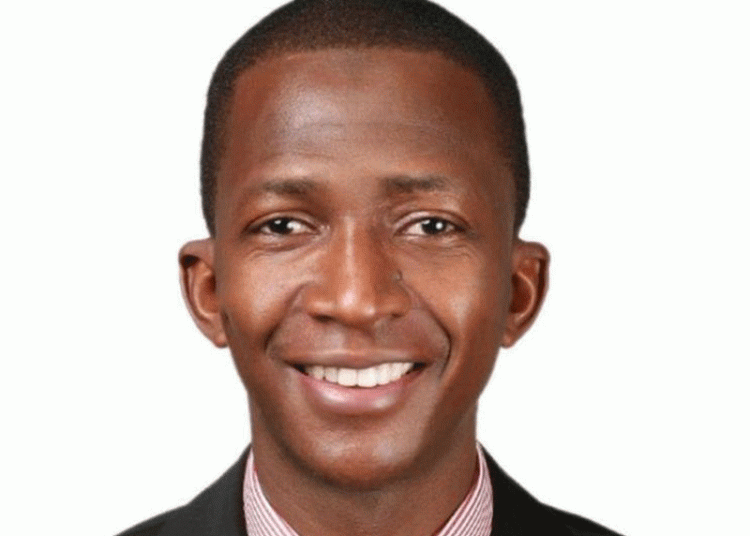EFCC receives detailed reports on stolen $400m kept in UAE

Detailed reports of stolen funds and assets kept in the United Arab Emirate by corrupt Nigerians have been delivered to the Economic and Financial Crimes Commission.
The reports were handed over to the Chairman of the commission, Abdulrasheed Bawa, in Abuja by Prof. Gbenga Oduntan of Kent Law School, University of Kent, United Kingdom, the lead researcher that conducted the investigation into the discovery of the loot.
Bawa said the reports will be investigated.
Speaking during the meeting with Bawa on Thursday, the Chairman, Human and Environmental Development Agenda (HEDA Resource Centre), Olanrewaju Suraju, said his group was determined to expose corrupt people wherever they are, and that fighting noxious funds looted from Nigeria remains one of the focal points of his group.
The illicit proceeds represent some 800 assets out of which 216 are owned by 13 top Nigerian security officials.
In his remark, Bawa, who personally accepted the reports, praised the efforts of the civil society groups in assisting anti-graft agencies to fight and subdue corruption.
He said the fight against corruption is not an easy task.
He said: “It is not what EFCC can fight alone.
“We need to do a lot to make it not attractive for people to steal.
“If we want to stop illicit funds, we need to stop the inflow.”
Bawa said the EFCC would go after those involved in illicit financial flow in line with his commitment to fight corruption.
He said: “We have a lot of bilateral and international relations and agreements that bring us together with our partner law enforcement agencies in countries under consideration.
“It is one of our duties to ensure the prevention of the property being taken at all and to ensure they are not taken out of the country.
“They cannot take the funds out of the country without collaborators.”
Bawa added that states and institutions should ensure honest and transparent procurement procedure.
He enjoined non-governmental organisations not to allow themselves to be used by criminals seeking the primitive accumulation of wealth.
On the request that bankers should declare their assets, Bawa said it was in good faith and in line with Section 7 of the Constitution, which empowers the EFCC to probe people suspected to be living beyond their means.
He further clarified the position of the EFCC to the effect that the commission was not forcing any banker to declare but rather alert the bankers to the effect that from June 1, 2021, the commission will, in the course of investigations, demand the assets declaration of bankers in accordance with the Bankers Assets Declaration Act through the Secretary to the Government of the Federation Office.
Leaders of civil society organisations, including the Civil Society Network Against Corruption, Journalists for Democratic Rights, and Social and Economic Rights and Accountability Project, attended the meeting.

